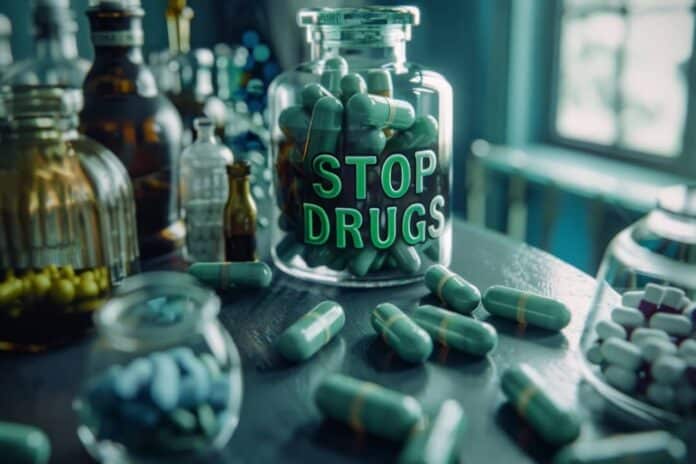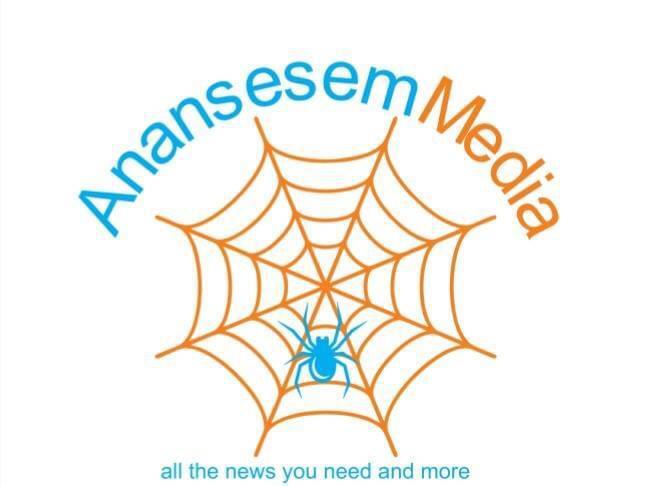
Drug abuse among youth has become a pervasive issue in many societies, including Ghana, where its impact is deeply felt across various levels of the community. This growing menace is not only a personal tragedy for the individuals involved but also a significant threat to families and society at large. Families are often left grappling with the devastating effects of addiction, which can strain relationships, deplete financial resources, and cause emotional turmoil.
The dreams and aspirations of young people are frequently derailed by drug abuse, leading to lost opportunities in education and careers. Moreover, the health risks associated with substance abuse pose a serious danger to the lives and well-being of the youth, threatening the vibrancy and future of the nation’s next generation.
Causes of Drug Abuse
1. Peer Pressure: According to a report by the Narcotics Control Commission (NACOC), about 60% of young people in Ghana who use drugs cite peer pressure as a significant influence. Friends and social groups play a crucial role in initiating drug use.
2. Unemployment: The Ghana Statistical Service (GSS) reported a youth unemployment rate of approximately 19.7% in 2022. This lack of job opportunities often leads young people to seek solace in drug use as a way to cope with their frustrations.
3. Parental Neglect: Studies from the Department of Social Welfare show that children from broken homes or those with minimal parental supervision are more prone to drug abuse. The absence of a stable support system can push youths towards substance use.
4. Curiosity: Data from the Ghana Education Service (GES) indicates that about 25% of secondary school students have tried drugs at least once, driven by curiosity and the desire for new experiences.
Effects of Drug Abuse
1. Health Complications: The Ghana Health Service (GHS) reports a 30% increase in hospital admissions related to drug abuse over the past five years. This includes cases of mental health disorders, liver damage, and respiratory issues.
2. Family Struggles: A survey by the Institute of Statistical, Social and Economic Research (ISSER) found that 45% of families affected by drug abuse experience financial difficulties due to medical costs and loss of income.
3. Crime Rates: The Ghana Police Service has linked approximately 40% of petty theft and violent crimes in urban areas to drug-related activities, highlighting the connection between substance abuse and criminal behavior.
4. Academic and Professional Failures: Data from the National Youth Authority (NYA) shows that students who abuse drugs are twice as likely to drop out of school. Similarly, young professionals often lose their jobs due to poor performance linked to drug use.
Solutions to Drug Abuse
1. Education and Awareness Campaigns: Programs like the “Say No to Drugs” initiative by the Ministry of Education aim to reach over 500,000 students annually, educating them about the dangers of drug abuse.
2. Rehabilitation Services: The government has increased funding for rehabilitation centers, with plans to establish at least one in every region by 2026. These centers are crucial for providing support to those battling addiction.
3. Job Creation Initiatives: The “Youth Employment Agency” (YEA) has been instrumental in creating over 100,000 jobs in various sectors, offering young people an alternative to drug use.
4. Parental Engagement: Community-based programs encourage parents to be more involved in their children’s lives, offering workshops on effective parenting strategies to prevent drug use.
5. Strengthening Law Enforcement: NACOC and the Ghana Police Service have intensified efforts to curb drug trafficking, resulting in a 20% increase in drug-related arrests in 2024 compared to the previous year.
Drug abuse among the youth in Ghana is a pressing issue that requires a multi-faceted approach to tackle effectively. By addressing the root causes, raising awareness, providing support, and enforcing laws, Ghana can work towards reducing the prevalence of drug abuse and safeguarding the future of its youth.





